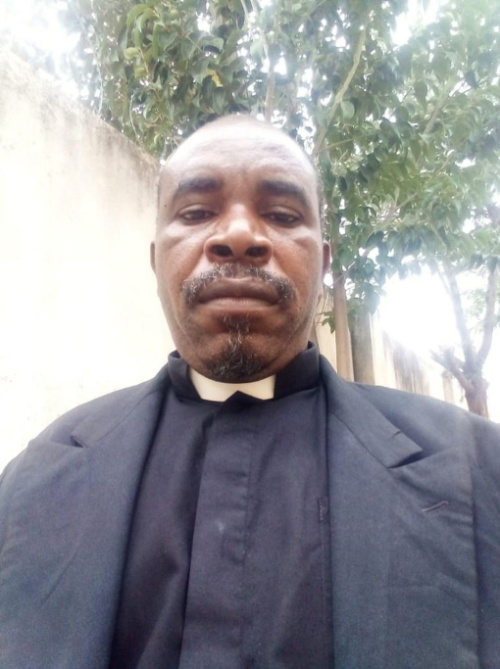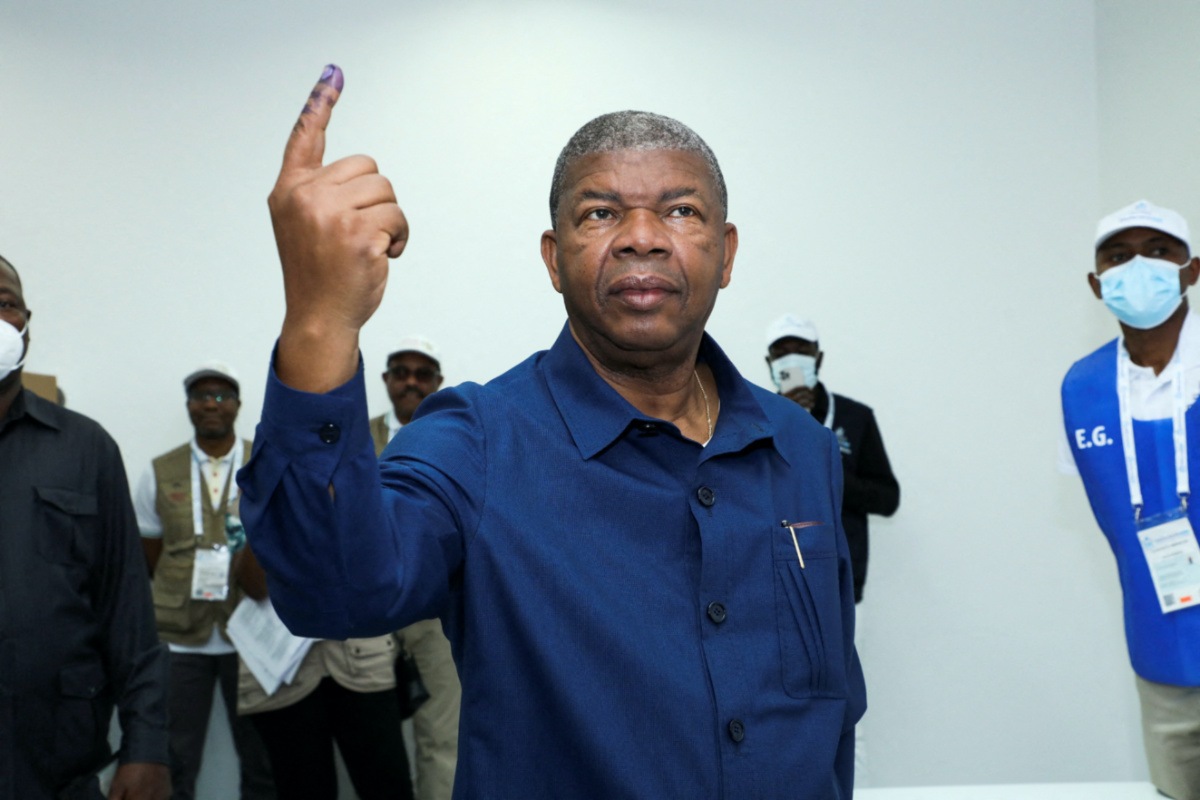Sao Paulo, Brazil
After 47 years ruling the country, the People’s Movement for the Liberation of Angola (known by the Portuguese acronym MPLA) had generated so much criticism among broad segments of the Angolan society that many people – especially the young – were desperately anxious to see it defeated in the August general elections.
But the once Marxist party – which led the process of independence from the Portuguese in 1975 – managed to win a narrow victory with 51 per cent of the votes, although many of its critics have made accusations of electoral fraud including the Catholic Church.
One of the bravest denouncers of the MPLA’s failure to secure the livelihood of the neediest in society, Fr Jacinto Pio Wacussanga lives in Lubango, Huila province, where frequent droughts have been intensifying overspread famine. He heads non-governmental organisations which work on agricultural projects along with small farmers and continually welcomes the poor at his mission.
Wacussanga fears that the socio-economic crisis in the African nation will be aggravated in the next years. Despite the atmosphere of political repression, he does not intend to cease criticising the government…

Fr Jacinto Pio Wacussanga. PICTURE: Supplied.
How was the political climate in Angola after the Constitutional Court rejected the opposition’s requests for recount and declared that MPLA’s President João Lourenço was re-elected?
“It was tense, particularly in the capital Luanda, which was full of policemen and military troops. Political activists were arrested with no juridical reason, like Zola Mandela [he ended up being released on 19th September]. The government wanted to avoid demonstrations that could disturb President Lourenço to take office. If the elections were clean and honest, why were they arresting people? Because they have something to hide.”
Why are different voices in society accusing the government of electoral fraud?
“We are almost sure that the Electoral Commission [controlled by the government] fabricated the final result. It impeded civil society to get properly involved in the monitoring process and did not accept a recount. Not to mention the manoeuvres to impede many people to vote. I am sure the Angolan episcopate will denounce such a situation in their next statement.”
How is the Catholic Church behaving during such a crisis?
“The church is a plural community and comprises a diversity of opinions. The Bishops’ Conference has taken part in the elections as an official observer through its Justice and Peace Commission, which has been denouncing many irregularities. Many priests have been following all that injustice side by side with the people, that is why a number of them has been criticising the government.”
Do you think that priests who work with the poor tend to be more critical to the regime?
“This government has never had a social program to deal with extreme poverty and famine – only theories and concepts that have never produced concrete measures. It has never tried to work with the workers and small farmers in the identification of their problems and in building solutions together. It only seeks to exploit more and more oil and there is no investment in food production. The priests see those situations in their daily lives.”
Do you fear that extreme poverty and hunger will be intensified in the next years?
“Famine can be seen everywhere. In the cities, the zungueiras [women street vendors] work all day long in order to take some corn flour to their homes at night. They cook it with water and a small bit of sugar – and that is all they and their children have to eat. In the countryside, droughts and heavy rains follow one another and destroy seeds and crops. Many people fled to Namibia due to that situation. Angola has a great potential to change that state of affairs, with natural resources and working people, but that government is not working for transformation.”

Angola’s President and leader of the People’s Movement for the Liberation of Angola (MPLA) ruling party Joao Lourenco gestures after casting his vote in a general election in the capital Luanda, Angola, on 24th August. PICTURE: Reuters/Stringer/File photo.
Do you believe that the National Union for the Total Independence of Angola (Unita) was in a better position to improve the people’s lives?
“The parties in the opposition would have much better conditions to work in solutions with the people. Over the past years, Unita and other groups learned that they had to work side by side with the social movements to build a relationship with the people. MPLA, on the other hand, has been ruling without listening to anybody. The government does not have a culture of dialogue and accountability. Now, with its narrow electoral victory, it will be weaker and more dependent of the Military repression.”
Do you fear for your personal safety?
“We always have fear, but once we started to talk, we shall never stop talking. If we remain silent, they will occupy our space and appear to have more legitimacy then they have. We have to keep denouncing that situation.”






